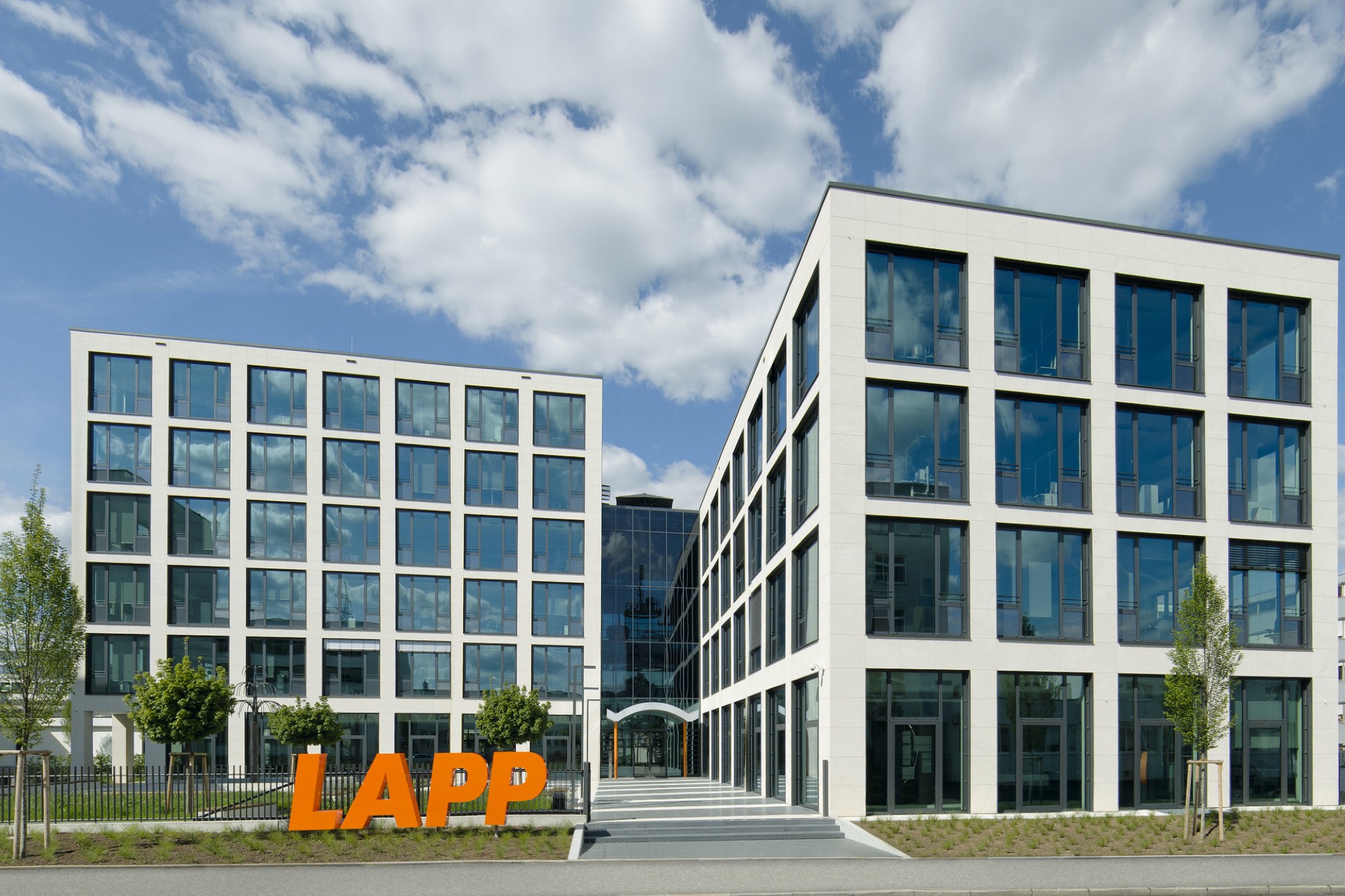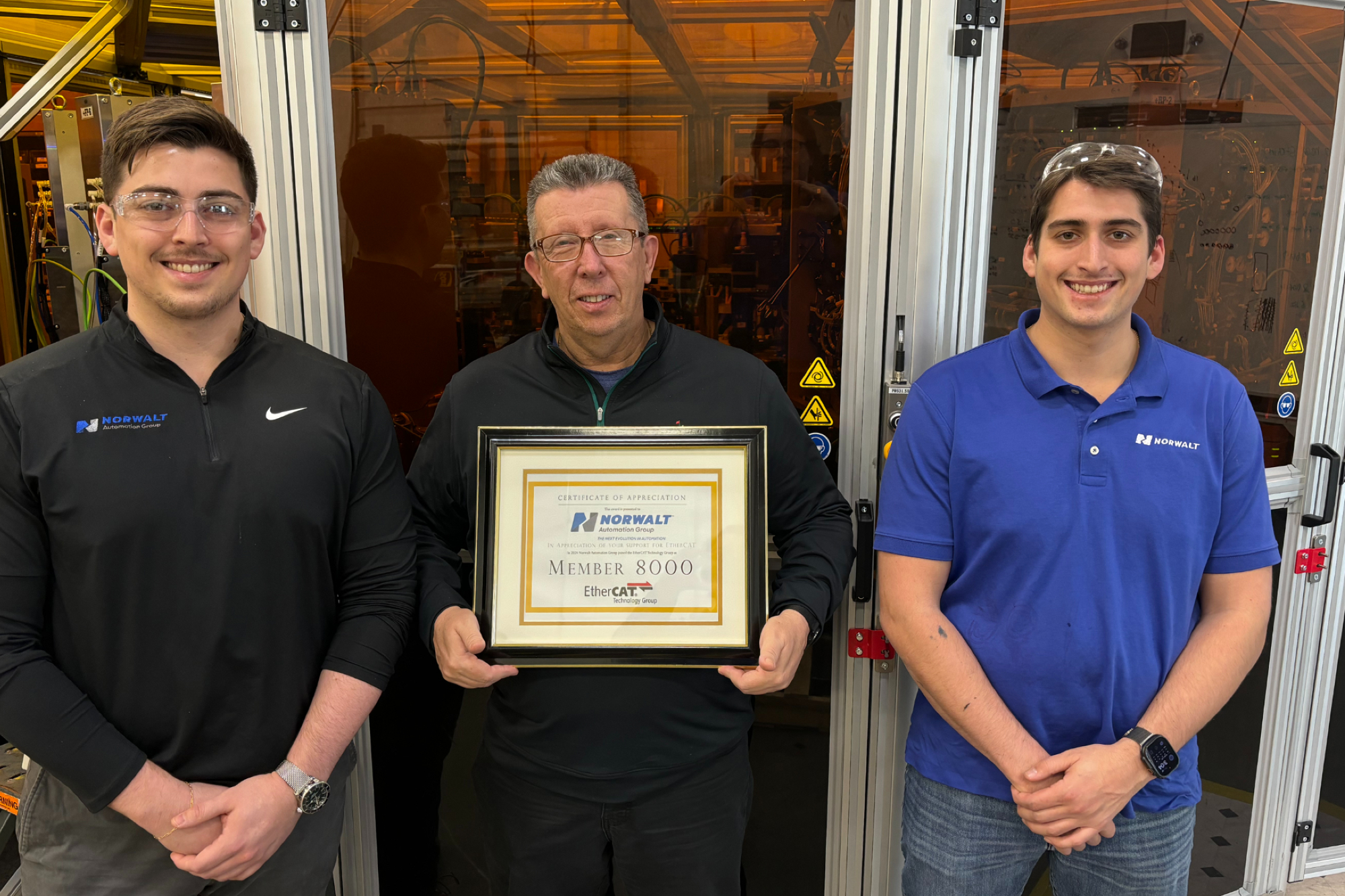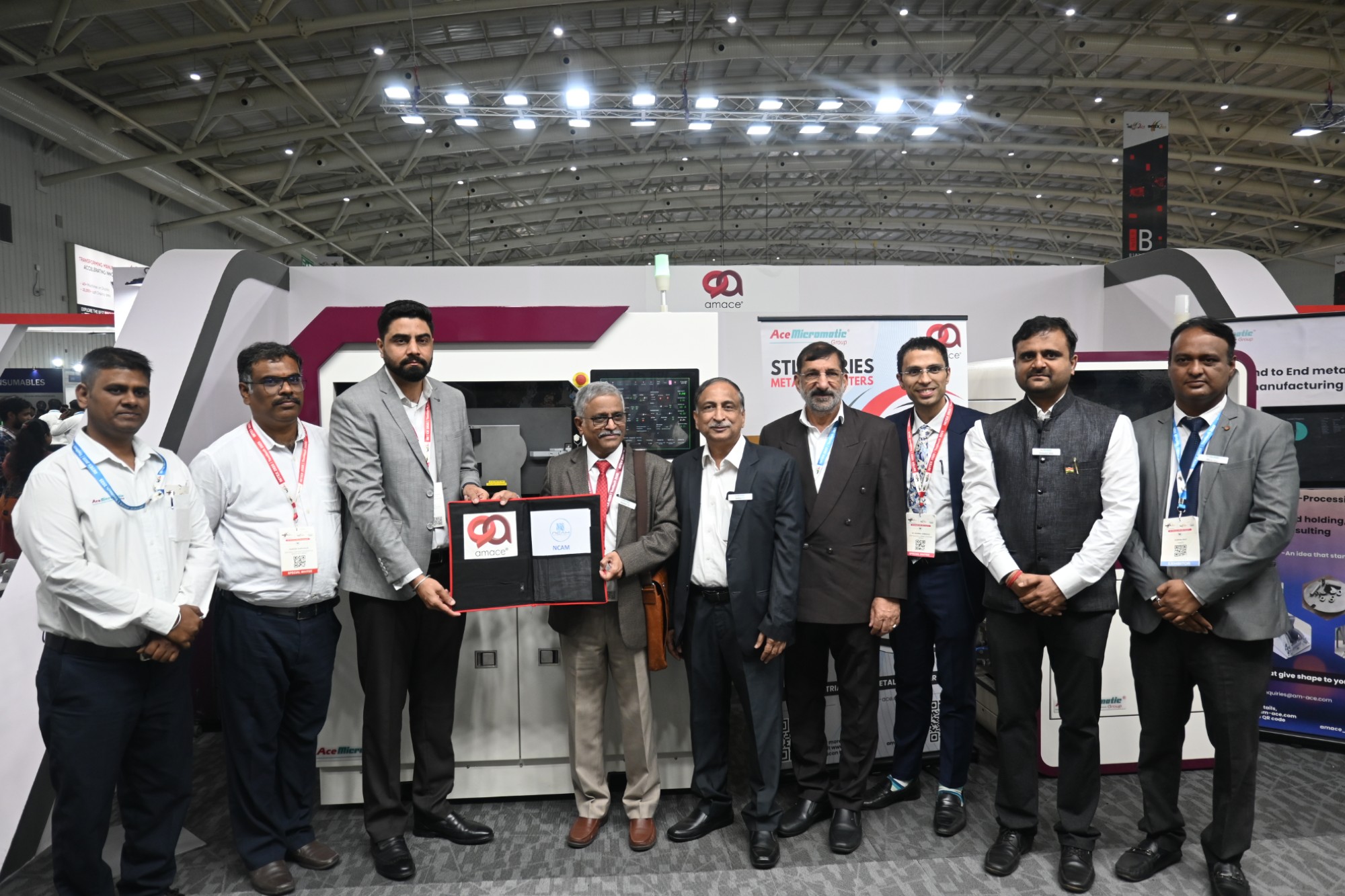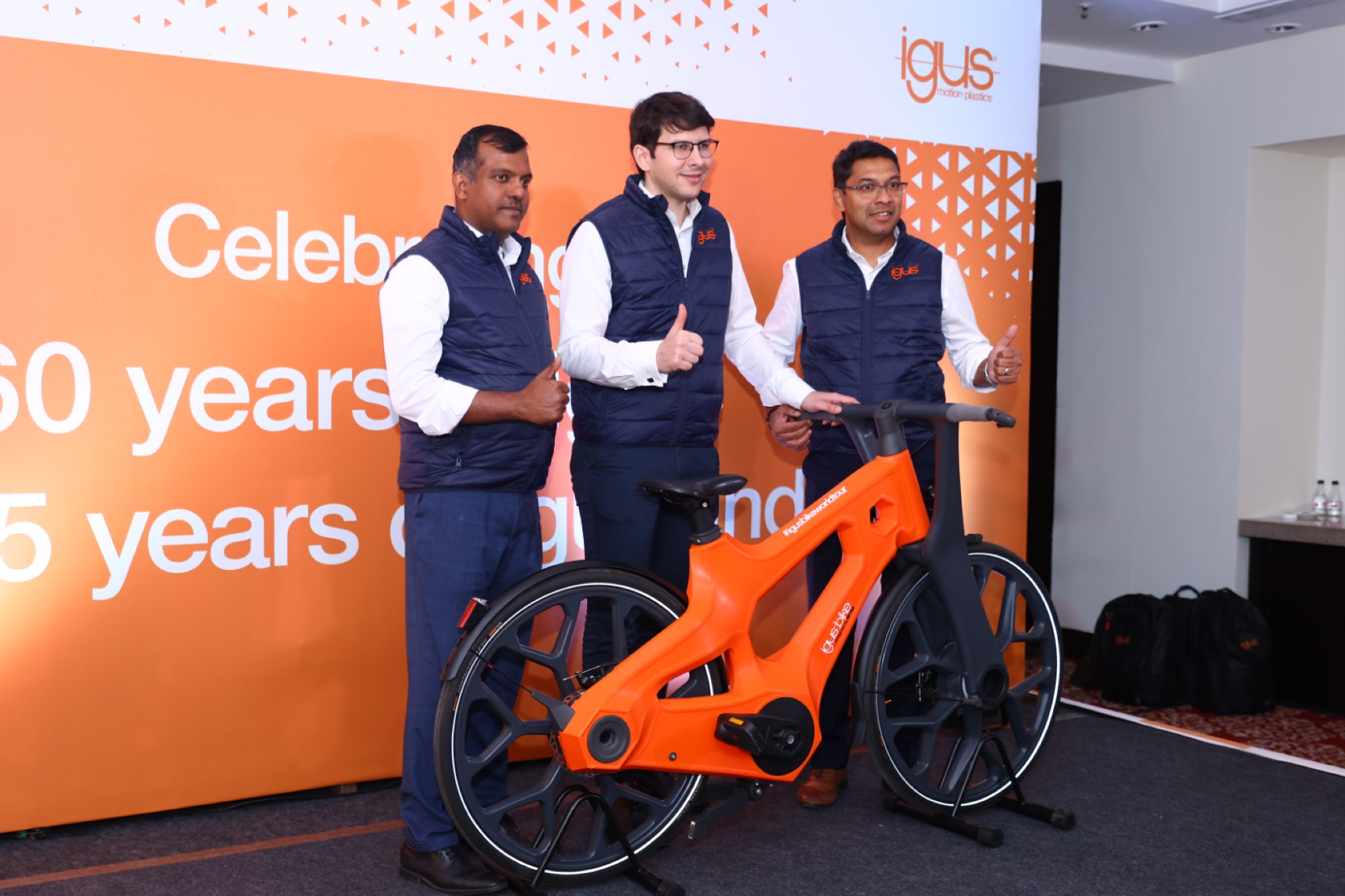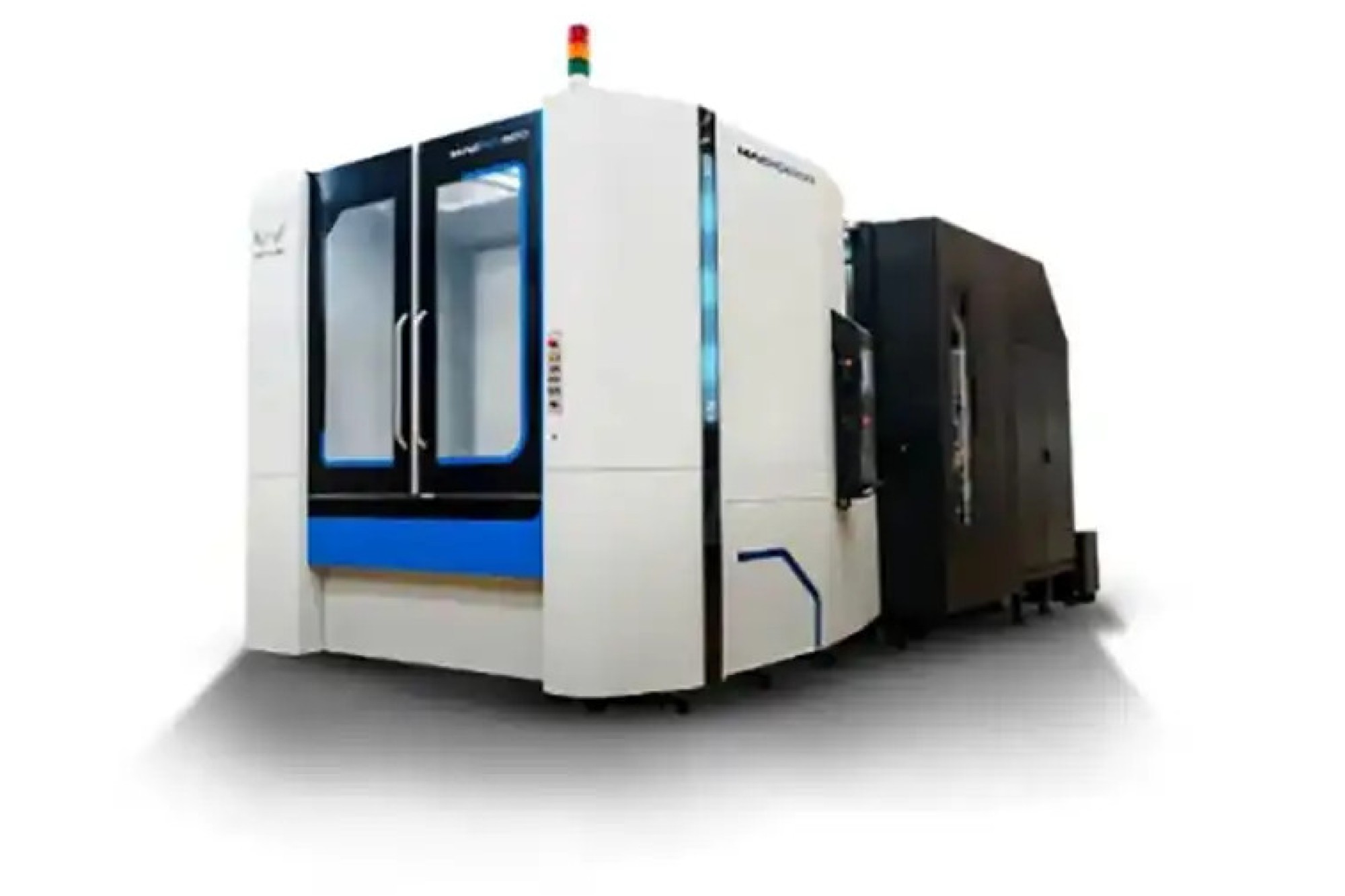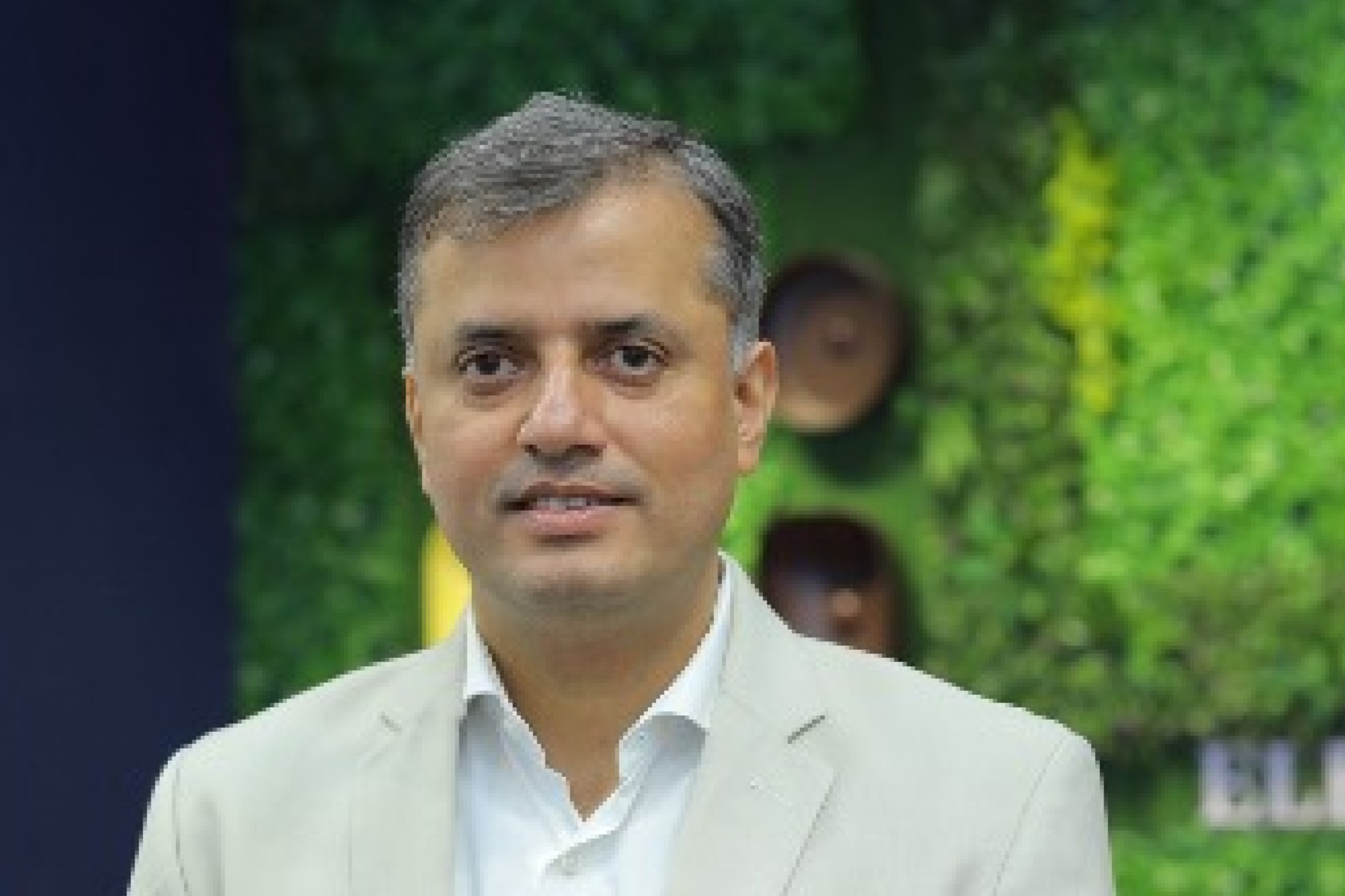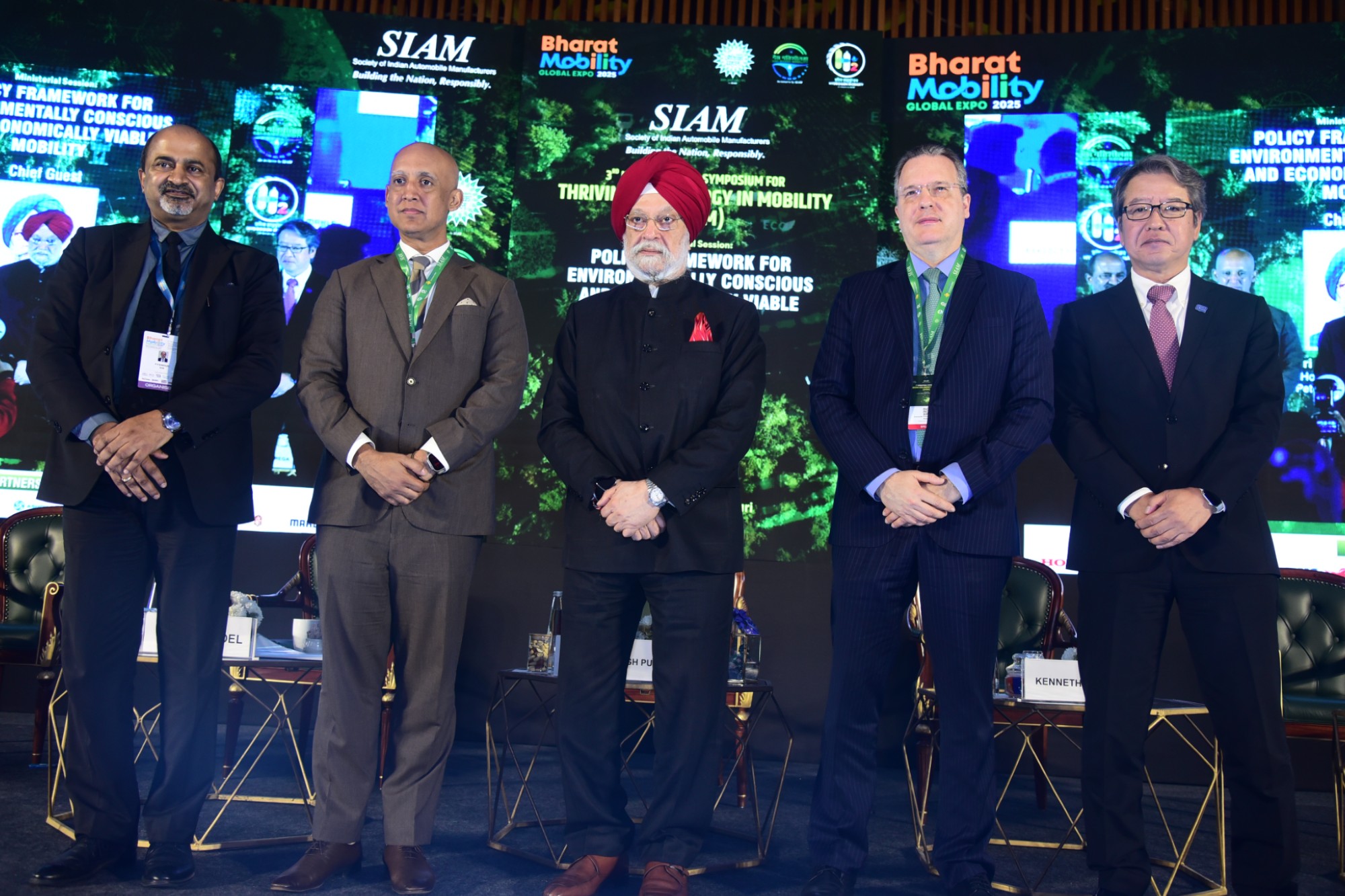Recycling firm revalyu Resources opens its second facility in Nashik
By Staff Report November 16, 2024 1:01 pm IST
revalyu Resources invested US$100 million to bring the total production capacity at its Nashik, India site to 620,000 pounds per day making it the world’s largest PET plastic recycling site.
PET recycling firm revalyu Resources launches its second plastic recycling unit at its Nashik plant to increase its production capacity. The company now recycles over 20 million used PET bottles a day into 350,000 pounds per day of high-quality PET chips and PET polymer. Customers are using this to meet their sustainability targets in applications from diverse sectors such as PET bottles, packaging materials, textiles, automobile accessories and a wide variety of other PET copolymer-based products. The third plant is fully financed as part of the US$100 million investment, and is under construction which will add a further 260,000 pounds per day of capacity in Q3 2025. This will increase the site’s recycling capacity to approximately 35 million post-consumer plastic bottles a day and total production capacity to 620,000 pounds per day.
The site utilises highly advanced patented glycolysis-based recycling technologies and automated processes, which make the manufacturing operations highly optimised, scalable, profitable and easily replicable. The recycled PET is produced using 75% less water and 91% less energy than conventional PET made from oil.
The company spokesperson commented that their 100% post-consumer recycled polymer can seamlessly replace conventional PET in any polyester or PET application. The new plant demonstrates two critical achievements: first, that this chemical recycling process is commercially viable on a global scale, and second, that it operates with an impressively low environmental footprint.revalyu Resources will set up a 520,000 pounds per day PET recycling facility in the US by 2027 and has plans to expand globally with partnerships to increase its production to over 2,200,000 pounds per day by 2030.
Cookie Consent
We use cookies to personalize your experience. By continuing to visit this website you agree to our Terms & Conditions, Privacy Policy and Cookie Policy.





